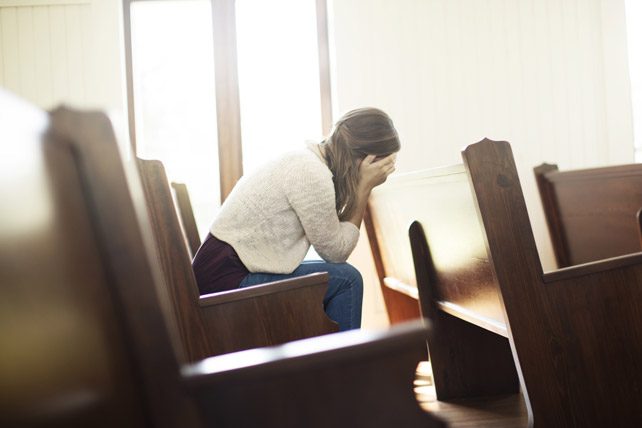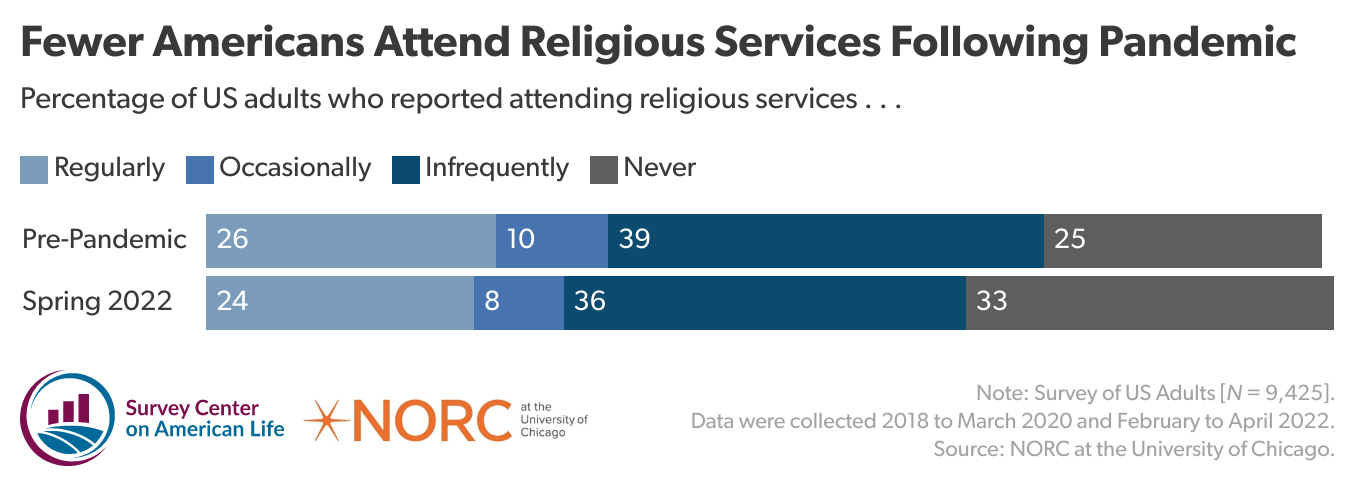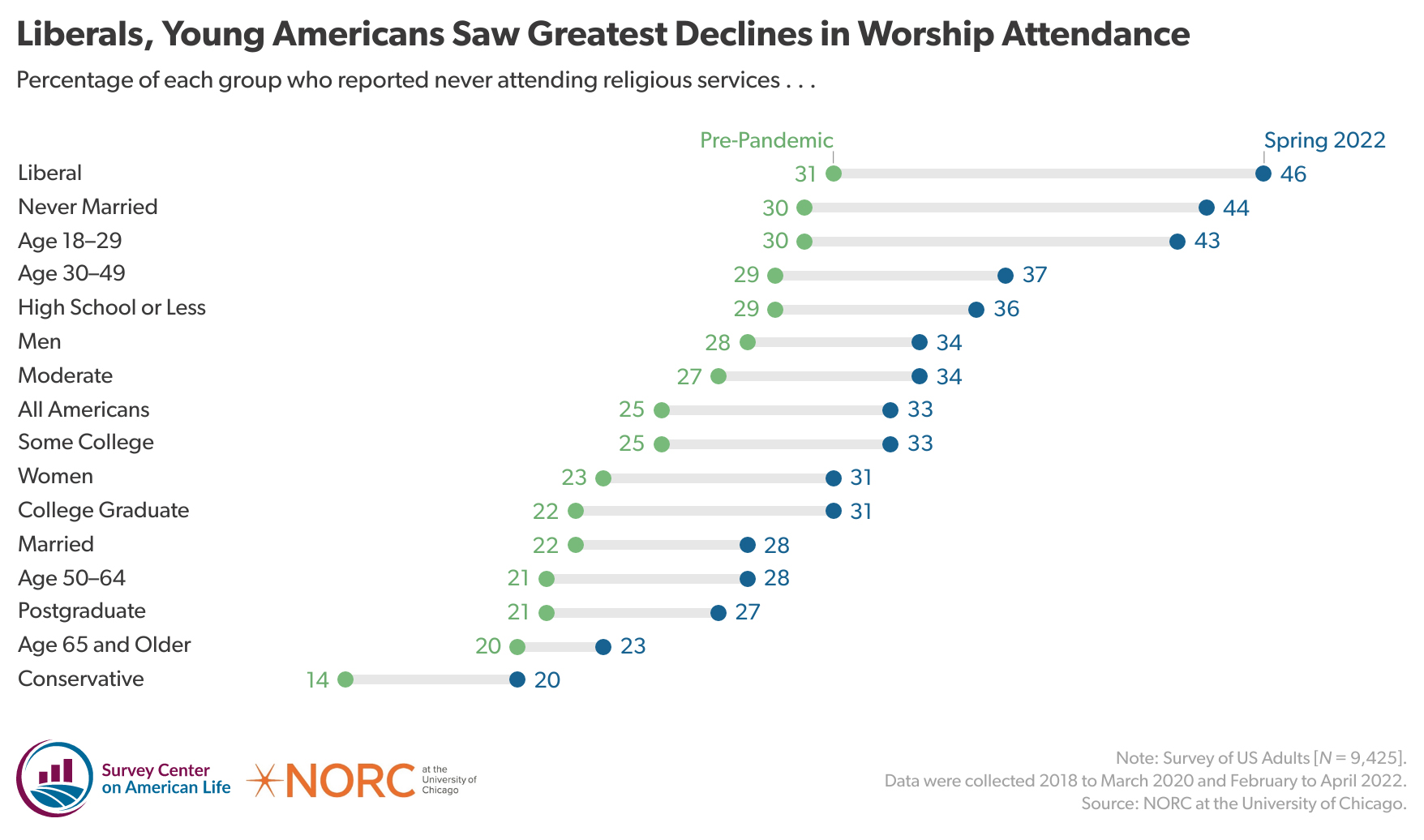WASHINGTON (BP) – Congress remains a largely Christian institution, bucking two societal trends of declining Christianity and waning religious affiliation, Pew Research said Jan. 3. More than a fifth of Congressional Protestants are Baptists.
At least 88 percent of Congress – 469 of the 534 members – identified as Christian in the poll of the current 118th legislative body that is predominantly Protestant, Pew said in its analysis of poll results gathered by Congressional Quarterly’s Roll Call, with only one member identifying as religiously unaffiliated.
The percentages contrast with a U.S. population, which has dwindled from 78 percent Christian to 63 percent Christian since 2007, Pew said, and is 30 percent religiously unaffiliated.
Among the 303 Protestants in the body are 67 Baptists of various denominations, including approximately 20 Southern Baptists, according to analyses.
U.S. Rep. Kevin McCarthy, a member of Valley Baptist Church in Bakersfield, Calif., is vying for the top seat in the U.S. House of Representatives. U.S. Senate Minority Leader Mitch McConnell, who identified himself as Baptist in the CQ Roll Call tally, attends Southeast Christian Church in Louisville, Ky., and formerly was a longtime member of a Southern Baptist congregation.
The 303 Protestants include six additional members above those counted in the previous Congress, and marks the first time since the 2015-2016 session that the number of Protestants has surpassed 300. Congress includes 148 Catholics, a decline of 10 since the 117th Congress. A handful described themselves as Unitarian Universalists or Humanists, and about 20 refused to answer or said they didn’t know.
Republican U.S. Rep. Anna Paulina Luna from Florida is the first Congress member to identify as a Messianic Jew.
Southern Baptist ethicist Hannah Daniel commended the Christian predominance of the body.
“We desire to see believers live out their faith in all corners of the public square, certainly including in the halls of Congress,” Daniel, policy manager in the D.C. office of the Ethics & Religious Liberty Commission, told Baptist Press. “As so many Christ followers have taken up this call of public service, it is always our hope that they perform their duties on behalf of our nation in a manner consistent with Christ’s call to love our neighbors.”
Beyond Catholics and Protestants in Congress, there are 34 Jewish members, nine members of the Church of Jesus Christ of Latter-day Saints, eight Orthodox Christians, three Muslims, two Hindus, and two Buddhists.
Southern Baptist senators, all Republican, are John Boozman, Arkansas; Roger Wicker, Mississippi; James Lankford, Oklahoma; Lindsey Graham, South Carolina, and Ted Cruz, Texas.
Other Southern Baptists serving in Congress include Republican representatives Barry Moore, Alabama; Rick Crawford and Steve Womack, Arkansas; Matt Gaetz, Daniel Webster, Vern Buchanan and Austin Scott, Florida; Harold Rogers, Kentucky; Mike Johnson, Louisiana; Sam Graves, Missouri; and Frank Lucas, Oklahoma.
Pew’s analysis of 534 elected officials includes voting members of Congress sworn in Jan. 3. Virginia’s 4th District is not included. Congressman-elect Donald McEachin of the 4th District died before the swearing-in ceremony.
This article originally appeared here.





























